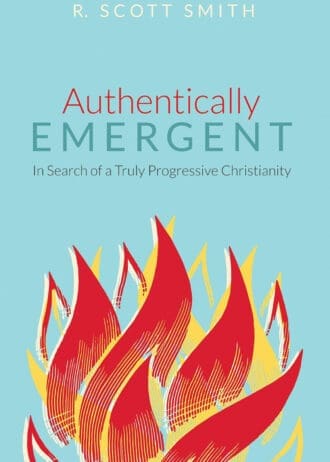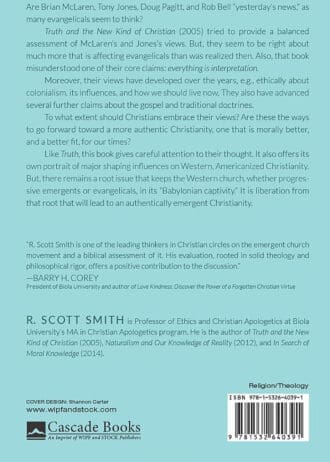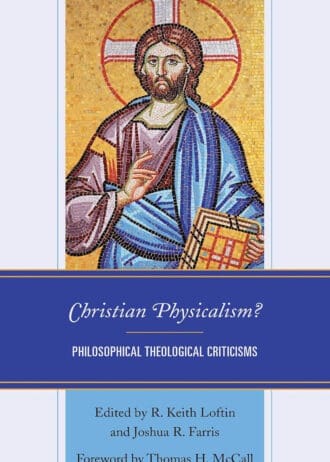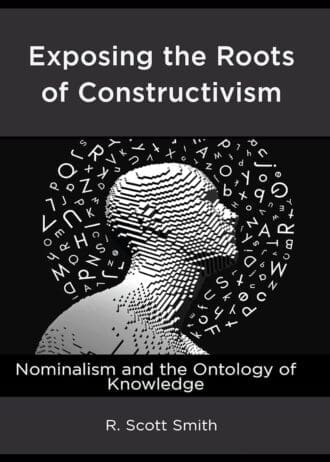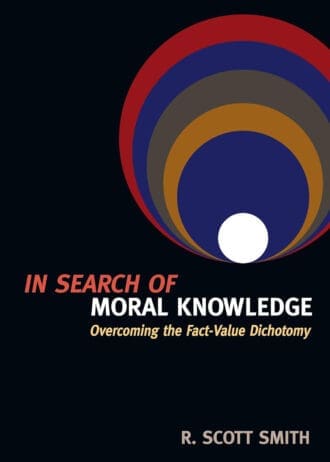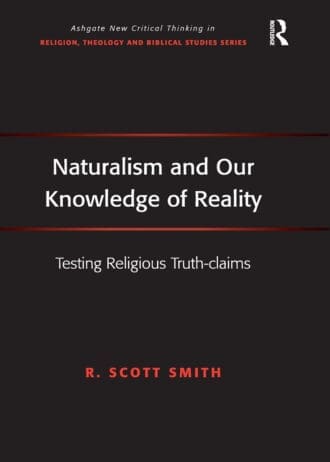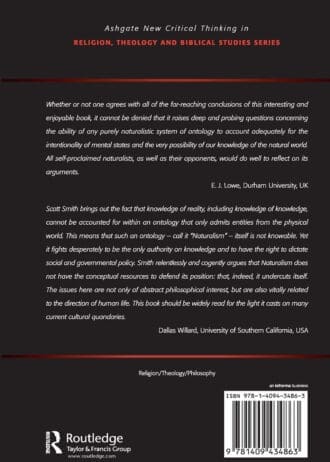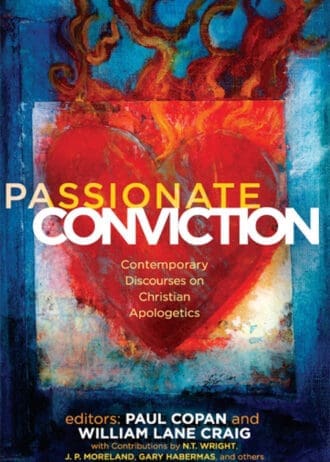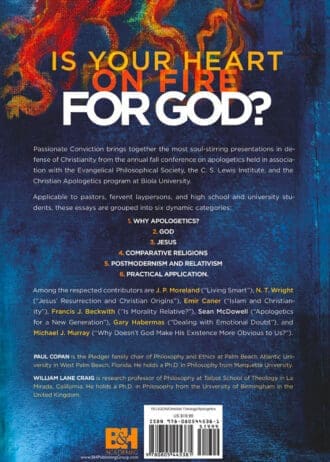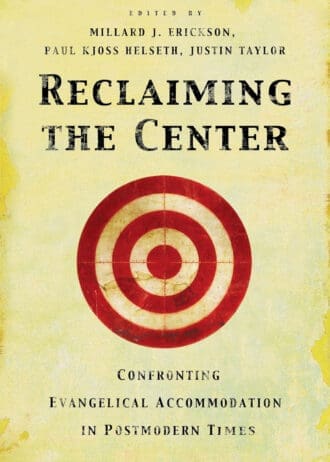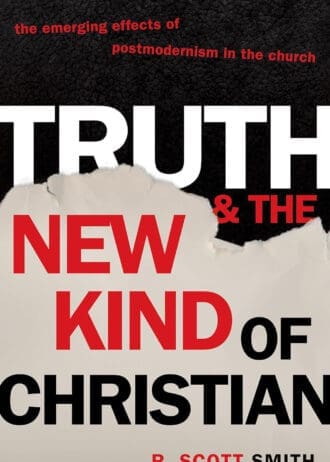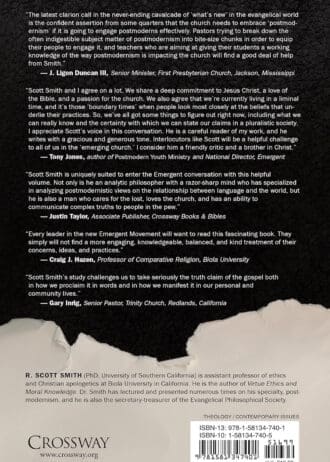Authentically Emergent: In Search of a Truly Progressive Christianity
Like Truth and the New Kind of Christian (2005), this book gives careful attention to their thought. It also offers its own portrait of major shaping influences on Western, Americanized Christianity. But, there remains a root issue that keeps the Western church, whether progressive emergents or evangelicals, in its “Babylonian captivity.” It is liberation from that root that will lead to an authentically emergent Christianity.

